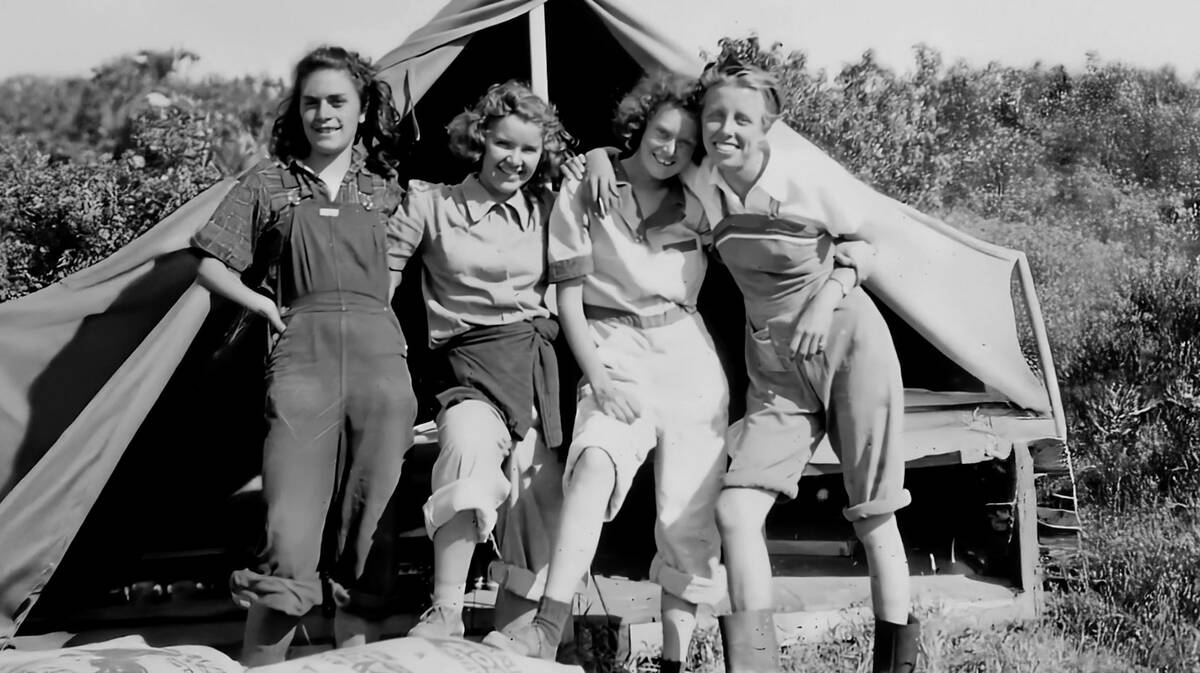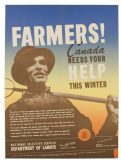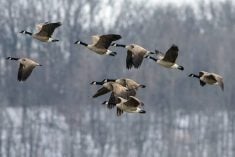This story was updated at 1:10 p.m. CST
By David Ljunggren
OTTAWA, May 16 (Reuters) – The Canadian government introduced draft legislation on grain shipping on Tuesday that would maintain a revenue cap on western grain that Canadian National Railway Co and Canadian Pacific Railway Ltd haul for export.
The cap, formally known as the maximum revenue entitlement (MRE), has been in place since 2000 and is intended to balance the market power of the two big railways with that of farmers and grain companies, which in many areas rely on one rail company.
Read Also

Women who fed a nation
More than 40,000 young women supported the war effort between the 1940s and early 1950s, helping grow and harvest crops amid labour shortages. They were called Farmerettes.
“We have decided that we’re going to maintain the MRE. … It’s a good thing,” Transport Minister Marc Garneau told a news conference.
Ottawa will tweak the system to give the railway companies more incentive to invest in rolling stock, he said. “It’s in our interest to make sure our railways are healthy and able to handle all of the merchandise.”
Reuters first reported on Monday that the cap would stay. Railways oppose the measure, saying it reduces their incentive to invest in grain hauling.
Farmers say the annual revenue cap controls costs they pay when they deliver grain. Railways are critical to moving crops the vast distances from western grain elevators to ports in British Columbia and on the Great Lakes.
Neither Canadian National Rail or Canadian Pacific were immediately available for comment.
Last year a study done for the Canadian government said Ottawa should phase out the cap over seven years.
The draft legislation would also allow grain shippers to seek financial penalties in service agreements with railways.
The government will scrap minimum grain volume requirements imposed on the rail companies in the wake of a huge 2013 harvest that caused huge backlogs. The system has since returned to normal.
“Grain is moving very well and we believe the need for that measure no longer exists,” said Garneau.
The bill, which Garneau said he hoped would be adopted in early 2018, would also extend limits on interswitching, the transfer of cars from one railway’s line to the line of another. The measure is designed to boost competition from U.S. carriers such as BNSF Railway Co.
Rail companies are now obliged to transport hopper cars a maximum of 160 km to another firm’s tracks. Under the new rules, that distance would be extended to 1,200 km in some circumstances.














